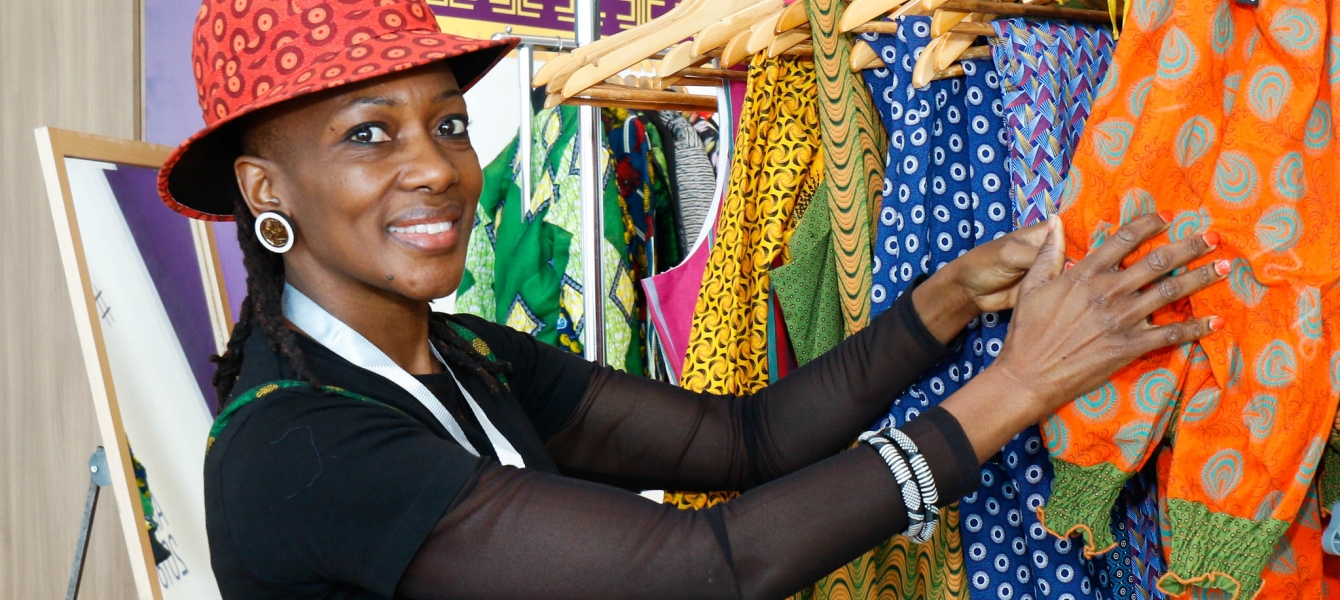This article was contributed to TechCabal by Olamide Adeyeye and Glory Aiyegbeni
Despite the increasing participation of women in the labour force, the gender gap in formal employment continues to widen as only 1 in 20 employed women is in formal employment. For one, opportunities in formal employment are limited due to the significant outpacing of job growth by labour force growth in the last decade. More precisely, evidence from the Jobberman’s 2022 Gender Barriers Report strongly reveals that the systems that define formal employment and socio-economic marginalisation perpetrated in patriarchal structures are major factors informing women’s growing participation in the informal sector despite their interest in the formal sector.
Women in the formal sector
Trends in the world of work suggest that the unfolding socio-psychological and economic realities resulting from COVID-19 may have triggered structural changes in formal employment, leading it to embrace some of the perks of informality. These changes, bordering on flexible work structures, among other things, are facilitating the necessary conditions for women to negotiate more satisfactory working conditions for themselves. Factors such as job flexibility, and the protection of physical, mental, and emotional health are slowly becoming significant determinants of young people’s, especially women’s, labour market choices.
More relaxed forms of working are finding expression in today’s formal systems occasioned by the pandemic and the outset of the Fourth Industrial Revolution. Compared to 5 years ago, it is now common to find remote jobs, flexi-work arrangements, extended leave periods, etc, as organisations and institutions are being forced to let down barriers that prioritise activity over productivity in the world of work. These barriers are factors that have historically prevented or coerced women out of formal employment into the informal sector. This focus on productivity is indicative of why the informal sector is not just vibrant but also the incubator for innovation across the agricultural, creative, and digital sectors of Nigeria’s economy.
Women in the informal sector
First, it is important to note that the significant increase in participation of women in the informal sector is largely informed by institutional and cultural barriers and not necessarily interest. According to the Jobberman’s 2022 Gender Barriers report, about 51% of women surveyed across 3 Nigerian states (Lagos, Kano, and Kaduna) indicated that they are more interested in formal work, compared to 17% who say they want to be self-employed and 12% who are interested in entrepreneurship. However, with only 1 million women represented in formal employment in Nigeria, it is perhaps safe to suggest that women’s dominance in the informal sector is a consequence of multifaceted barriers and not necessarily preference.
Beyond the gaps in education and skills which remain a significant barrier to getting formally employed, a common feedback from interviews conducted by Jobberman further shows that more women are moving into the informal sector due to unfavourable structural conditions and marginalisation. Women are creatively redefining work in ways that reinforce their identity, values, talent, and skills. For instance, women’s increasing engagement in the creative sector, especially, beauty and lifestyle, tourism and hospitality, entertainment, and the performing arts have become means by which they express their agency and resilience in the face of structural limitations.
In essence, the progressive expansion of Nigeria’s informal economy is reflective of the long-ignored agency, creativity, and resilience which women have continued to demonstrate despite unfavourable socio-economic conditions and limited policy attention. Women across Lagos, Kano and Kaduna are leveraging digital technology and taking advantage of the opening in the e-commerce space and innovating with social media platforms to give visibility to their enterprises.
Closing the gap
Although largely perceived as unrecognised, unrecorded, unprotected, and unregulated, the informal sector remains a significant source of employment for women. The informal sector, defined by self-employment, waged workers in unregistered enterprises, and unregistered workers either in formal or informal work systems, accounts for 95% of female employment in Nigeria. Despite being framed with the lens of fragility and precariousness due to its invisibility to legal structures and frameworks, the vibrancy of women in this sector is fueled predominantly by its low barriers to entry, a factor that holds huge prospects in creating dignified and fulfilling jobs for women and youth.
With more and more sustainable and scalable enterprises clustered in the informal economy, there are questions around the lack of recognition of the “fragile” structures in development policy or the preparedness of policy to adapt and strengthen such structures to maximise the economic potential in the informal sector. More importantly, it poses begging questions about the significance and benefits of the traditional formalisation process to emerging dynamic business structures in contemporary Nigeria, particularly since these structures largely explain the structural exclusion of women from the labour market as seen in the formal economy. The legitimacy to manage priorities, creatively pace productivity, negotiate work conditions, and accommodate peculiarities are some of the factors fostering informal alternatives for women.
With an understanding of the gender gap that exists within Nigeria’s labour market and the potential that the informal sector holds in closing this gap, it would be imperative to focus on optimisation and not necessarily formalisation in the implementation of policies and programming that better women socioeconomic outcomes. Beyond its moral and social obligation, lifting these barriers has the potential to enhance the quality of women’s labour market participation and their transition into more decent and fulfilling work. It would also be important to, again, review the barriers that limit women’s participation in the formal sector in a way that catalyses sustainable and inclusive development for all.




















